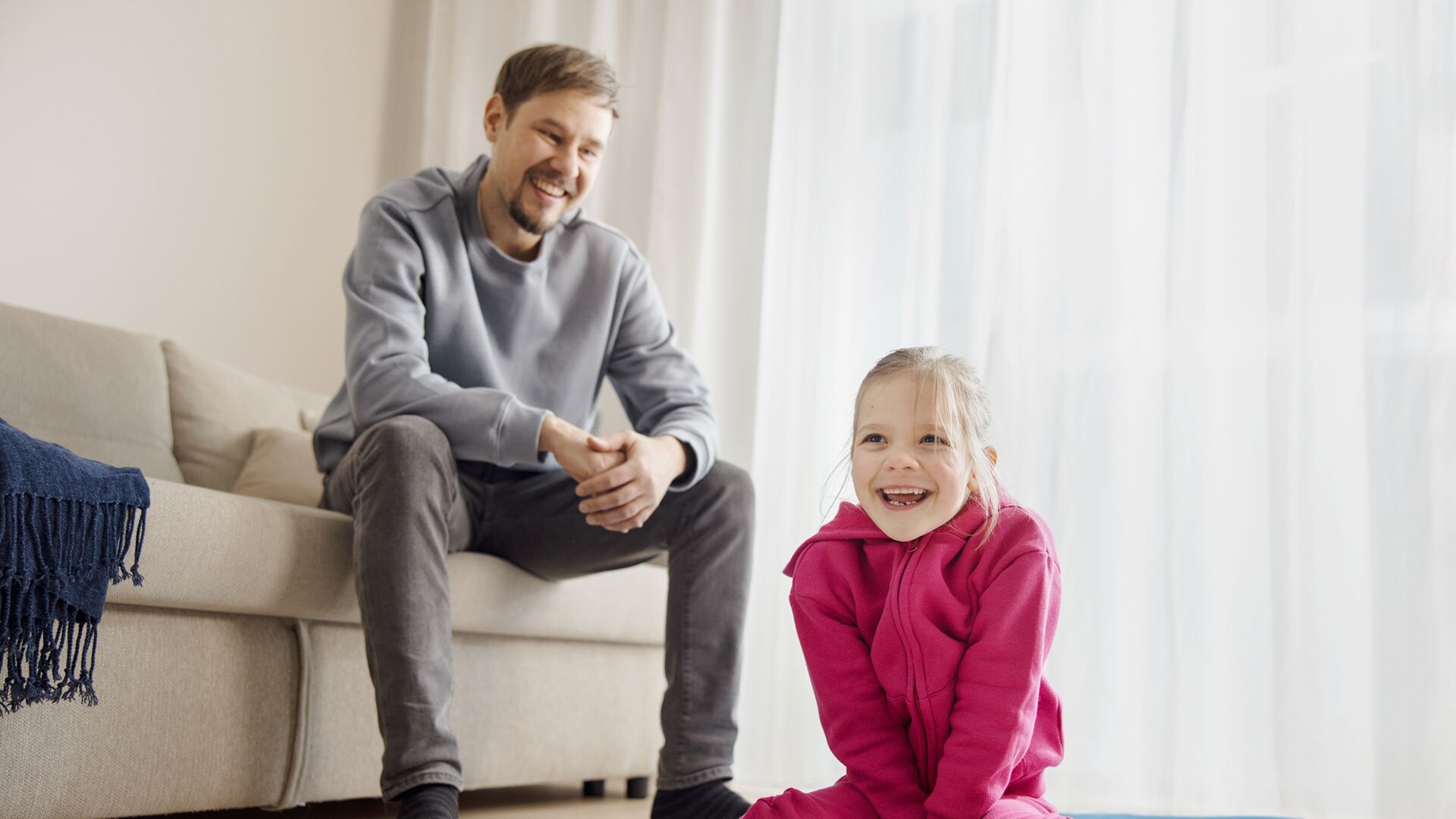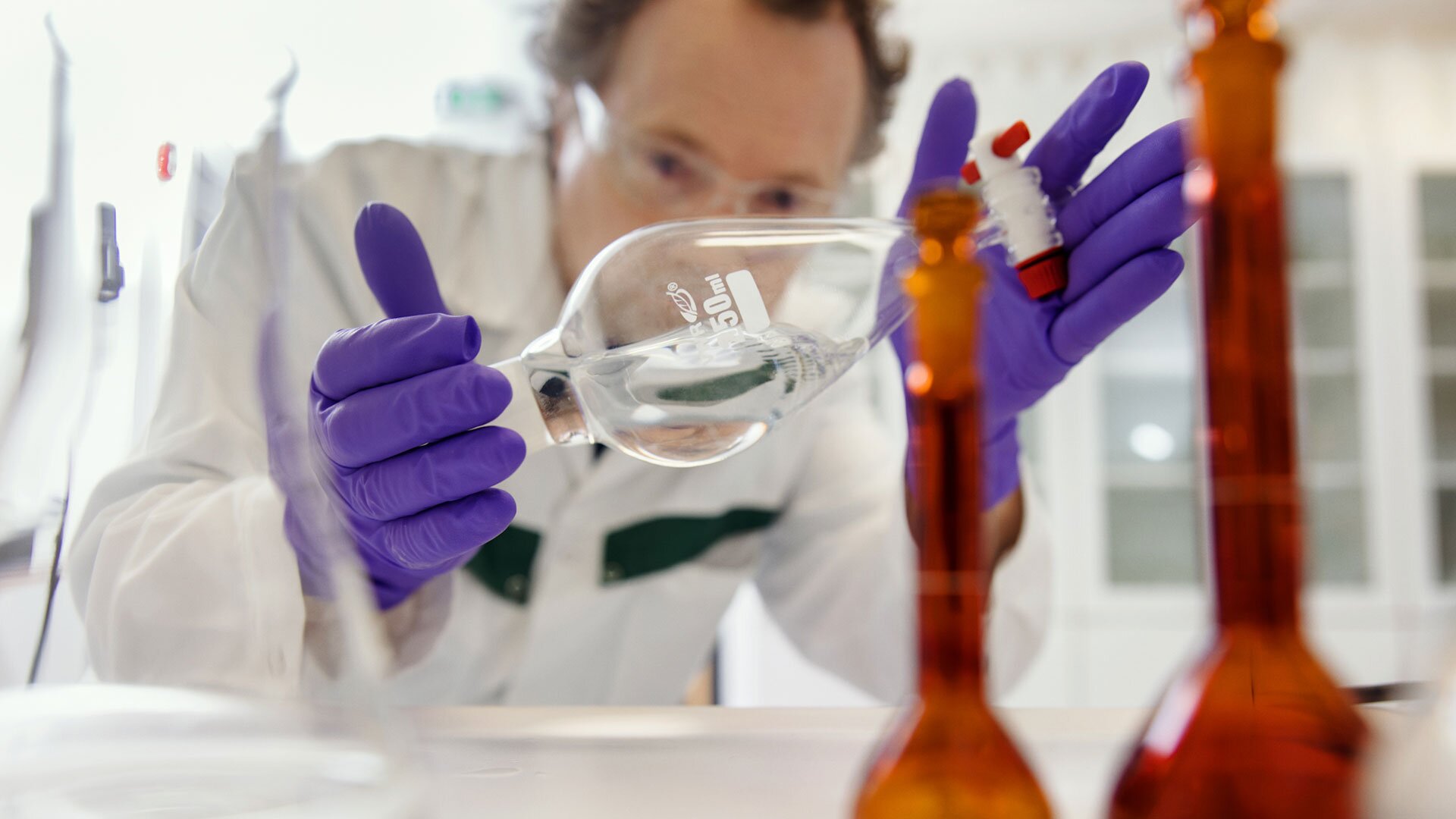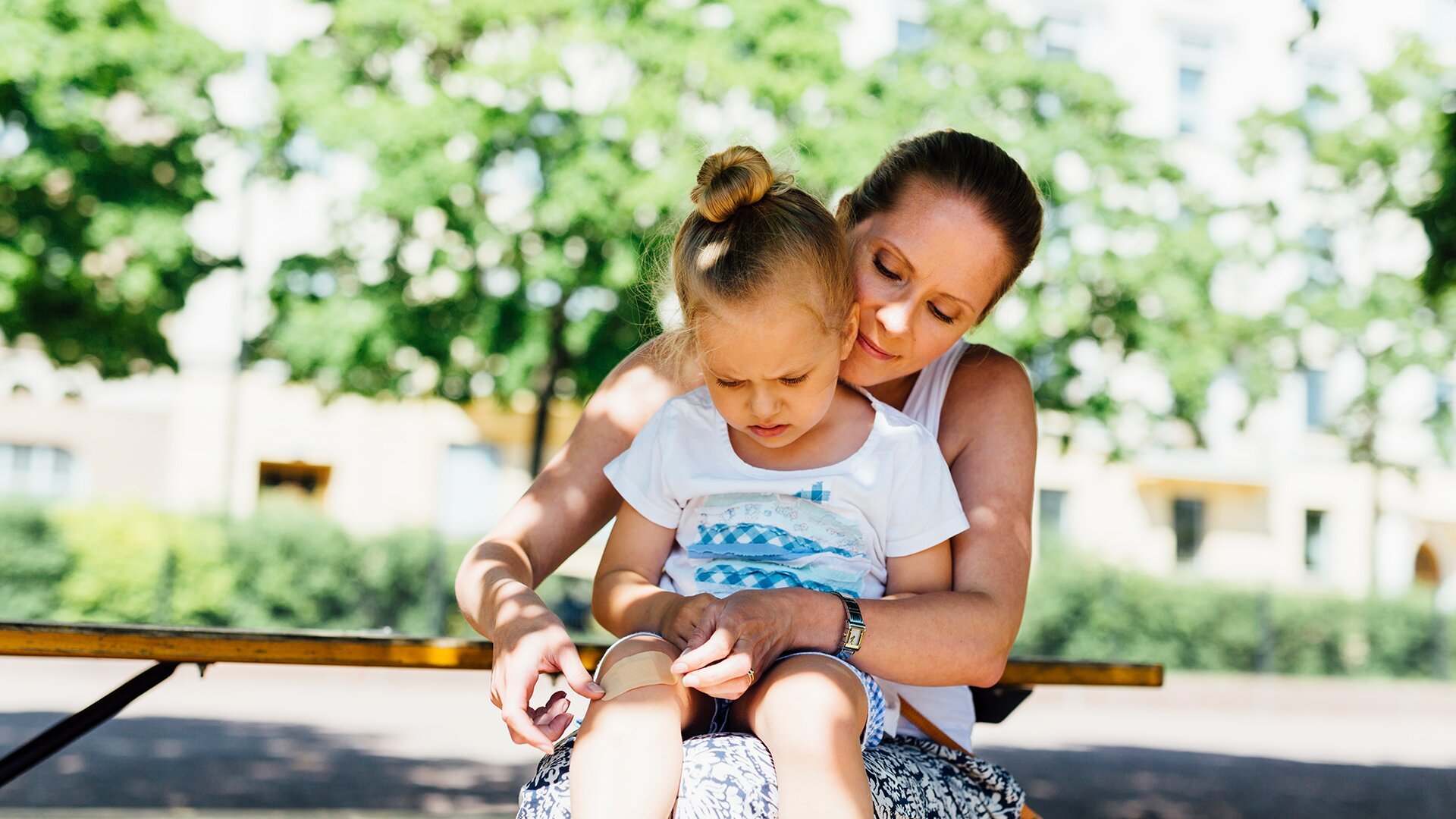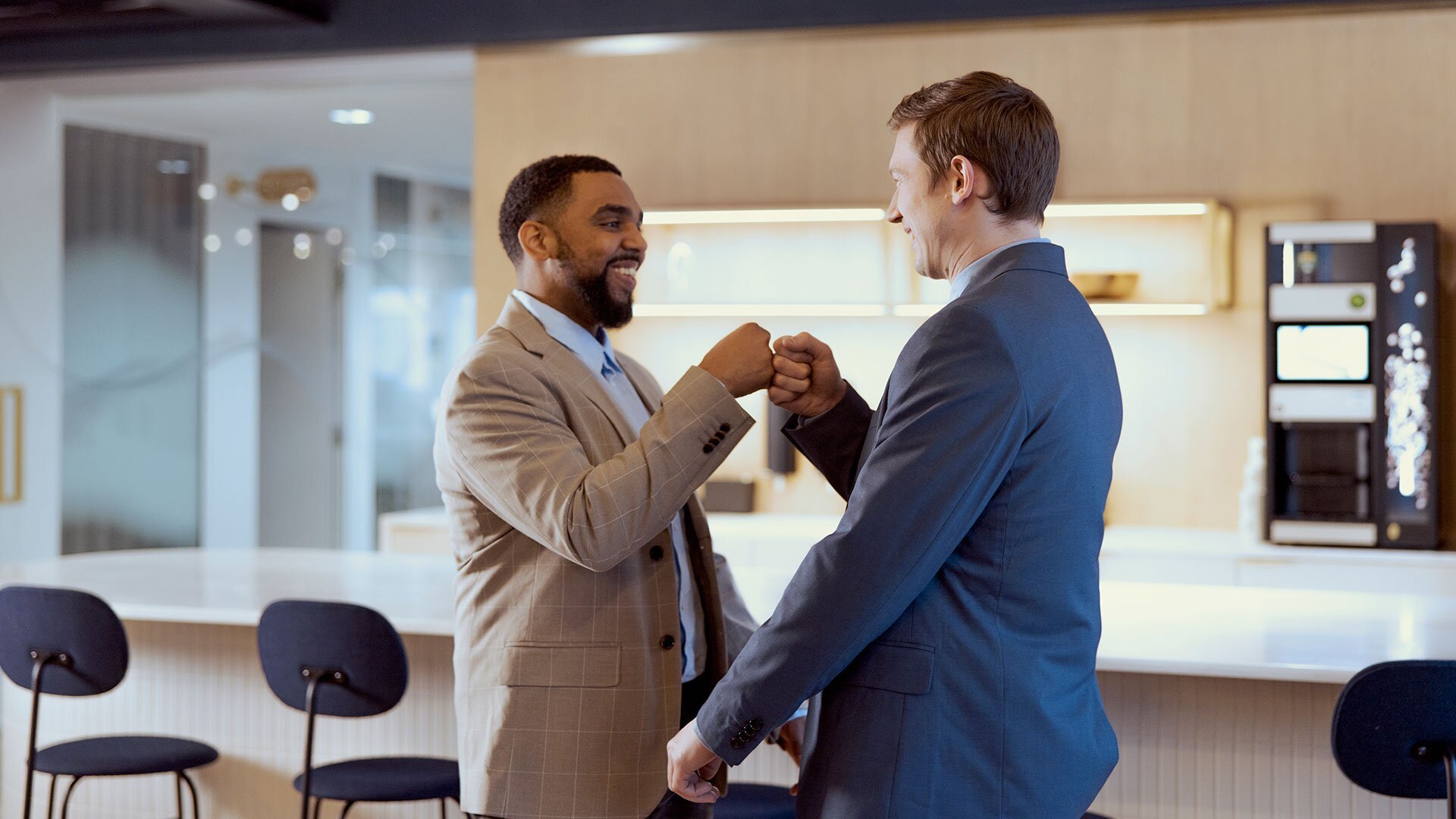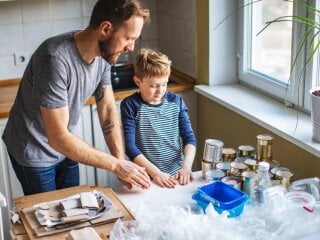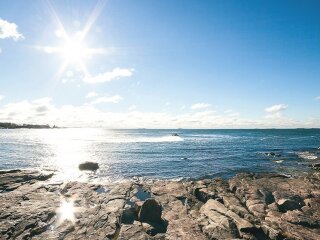Nature is in a state of emergency: habitats and species are disappearing at an alarming rate. We are witnessing a crisis that is just as big and serious as climate change. This human-caused decline – or collapse – of natural diversity is commonly known as biodiversity loss.
While the situation is grave and distressing, being paralysed by its graveness does not help. By working together, we can make a change.
Though the loss of biodiversity is a global phenomenon, it can be seen most tangibly in local nature. In a survey commissioned by YLE in May, as many as 58 per cent of the respondents said they had seen signs of biodiversity loss in their local nature. These observations are supported by facts: According to the Finnish Association for Nature Conservation (FANC), one in nine Finnish species is at a risk of extinction and, among birds, one third of the species are at risk.
We must reduce pharmaceutical residues ending up in waterways
Medicines are essential, often even vital for human health. However, if they end up in the environment, they may have environmental impacts that aggravates nature loss. If pharmaceutical residues reach waterways, they may cause damage to fish and aquatic organisms, the Baltic Sea ecosystem and local nature.
We at Orion take biodiversity loss and the impact of pharmaceuticals on the environment seriously. As a company, we continuously work to promote the effective management of our own wastewaters and those in our value chain and to increase our understanding of the impact of pharmaceutical ingredients in the natural environment. We also engage in dialogue with other societal actors and international organisations on the possible methods for reducing the amount of pharmaceutical residues that end up in our waterways, also through household wastewaters.
From problems to solutions
We consumers are an important part of the solution. The amount of pharmaceutical residues that end up in the environment through the waste that we generate at home and our holiday homes is not negligible. Fortunately, there is an easy way for all of us to have an impact on the issue: every pharmaceutical product that we dispose of correctly reduces the burden on the environment. The more people take action, the greater an impact we can have together.
We believe there is strength in cooperation also in the pharmaceutical sector: when we work together with several pharmaceutical companies and specialists as well as pharmacies, environmental operators and decision-makers, we can do more. This is why we participate in the Drug-Free Baltic Sea campaign for the fourth year running.
Taking your medicines to pharmacies will keep fish free of residues
As Aino Juslén, director of the zoology unit at the Finnish Museum of Natural History, explained in an article on the survey commissioned by YLE, biodiversity is always a localised phenomenon. This is why it is also possible to have an impact on this global problem locally.
Biodiversity loss, like climate change, is a formidable challenge and is not the responsibility of consumers alone. Changes and actions are needed at all levels.
That said, there are a few easy ways for us all to protect the environment and the Baltic Sea against harmful pharmaceutical residues. The Drug-Free Baltic Sea campaign is a great way of sharing this knowledge, as change can only be achieved through cooperation.
Checklist to prevent pharmaceuticals from harming the environment:
- Always use medicines exactly as your doctor has prescribed.
Always complete the full course of medication. Do not stop the course of medication, because if you may end up having to repeat the prescription, this in turn may increase the amount of pharmaceutical residues ending up in the environment. When selecting a package size, always go for the smaller one in case the product proves unsuitable and you have to switch medication. Buy self-care medicines only if you need them. - Only buy the self-care products that you need and use them as instructed by the pharmacy staff. This way you avoid unused and expired drugs piling up in your cupboards, which you may end up throwing in the bin or down the drain in your next spring clean.
- Take unused medicines and medicine packaging to your pharmacy!
Here’s the most important thing: dispose of your unneeded and expired medicines correctly by taking them to the pharmacy. Never wash liquid pharmaceuticals down the drain or put the package containing the product into the recycling. Only those medicines that are taken to the pharmacy will be handled properly and will not end up in waterways.
For instructions on the correct disposal of pharmaceutical waste, please visit Orion’s website.
Nina Ahola, Corporate Responsibility Manager, Orion Corporation

